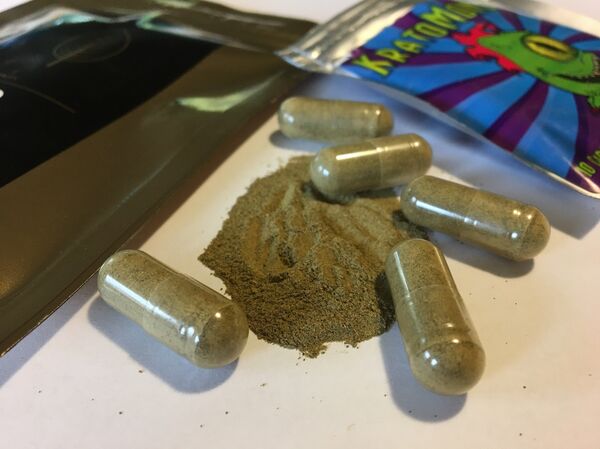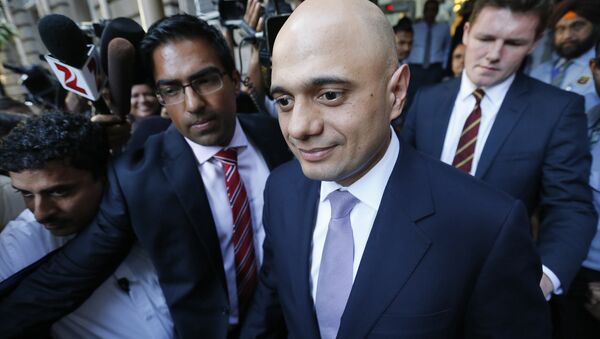In an advance notice circulated to the media, it was made clear the Home Office would launch a review of drug buyers and sellers, and how changing drug trade dynamics are linked to outbreaks of bloodshed.
"We need to make people understand that if you're a middle-class drug user and of think, 'Well, I'm not doing any damage, I know what I'm doing,' well, there's a whole supply chain that goes into that. Youths whose lives have been abused, county lines, other drug takers being abused, crime being encouraged…you're not innocent — no one is innocent if they are taking illegal drugs," he told the Daily Mail.
It's not the first time officials have attempted to connect drug use by affluent citizens to rising gang-related crime major UK cities — in August Metropolitan Police Commissioner Cressida Dick and London Mayor Sadiq Khan both slammed "middle-class parties" for contributing to knife attacks and other violent incidents across the capital.
Middle-class drug users will be targeted as part of a crackdown on the causes of violent crime, Home Secretary Sajid Javid has announced. @eddiemair asks: is this the right approach? pic.twitter.com/iD2x9bGfyN
— LBC (@LBC) October 2, 2018
Don't Get Tough
Then as now, however, such suggestions have provoked sharp criticism, much of it perhaps surprisingly emanating from current and former law enforcement officials — among them Tom Lloyd, a former Chief Constable turned international drug policy adviser. He thinks it's "sad" the Home Secretary has "so badly analyzed the reality of the situation". While
"While prevalence of occasional cocaine use is relatively high among the wealthy, the majority of supply is consumed by problematic users. Also, trying to arrest one's way out of this has been proven over the decades to have failed, as "getting tough" on users rarely reduces use, and if so only temporarily. He seems to be looking for a scapegoat to blame for the apparent increase in violent crime while continuing to ignore the elephant loudly trumpeting in the room — prohibition is a hugely costly, counter-productive and harmful failure," Tom told Sputnik.
Tom's take on prohibitive drug policies is a growing consensus among experts and academics. Former top undercover officer Neil Woods has long-argued governments can throw whatever resources they wish at the issue of drug use, but will never effectively tackle it using the law or law enforcement tactics — merely change the shape of it, and make it ever-more violent and dangerous.

No Class
The efficacy of a non-prohibitionist approach is amply demonstrated by the UK's past experience in dealing with drug use. Prior to the 1960s, there was zero association between crime and drugs by governments or police, and if an individual had a drug problem, they'd simply get rehabilitative help from their doctor.
However, this approach — then-dubbed the ‘British System' — was supplanted by prohibition due to pressure from the US, then in a significant position to influence UK policy given it held so much of Britain's national debt. In a perverse irony though, at the time Washington was pressuring Britain to follow its lead on tackling drugs, the US was home to hundreds of thousands of problematic heroin users — the UK only a few hundred.
"Pre-1971 and the introduction of the Misuse of Drugs Act we had very few problems in the UK with regard to drugs. By making them illegal it was and still is a green light to organised crime to make colossal amounts of money and in turn exert their ruthless power on our Society. There's only one answer — decriminalize and regulate supply. If Javid believes his announcement will either prick the conscience or put fear into 'middle classes' he's sadly mistaken and deluding no one other than himself and a handful of dinosaur politicians. No 'class' is the problem only archaic legislation," former Scotland Yard Detective 'Frank Matthews' told Sputnik.
The views expressed in this article are those of the speakers, and do not necessarily reflect those of Sputnik.



